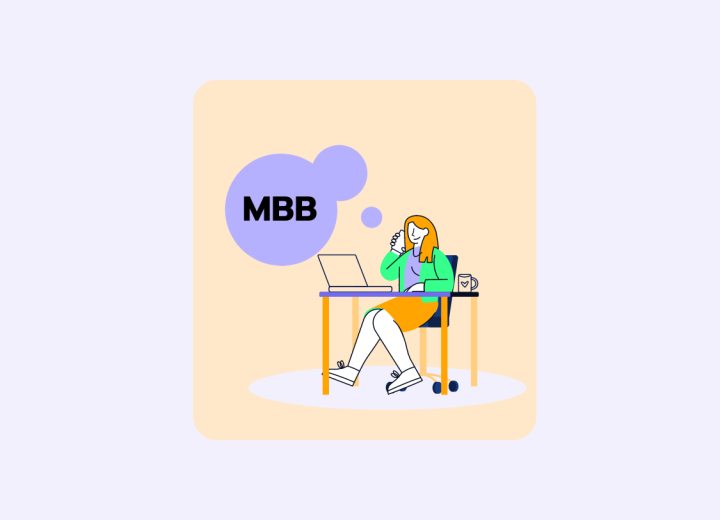Exit Opportunities by Tenure (After at Least ~2 Years at the Firm)
There are also various other opportunities that arise after a period of at least 2 years in a company. Five of them are listed below.
BA/Analyst - Most diverse set of exit options
Exiting as a 2nd or 3rd year BA is when you will have the most opportunities open to you. Companies value the MBB brand & training tremendously and the fact that you are young, energetic and eager makes you an ideal hire.
All options are open to you at this stage. It is also the ideal time to explore options that are ‘more risky’ than the traditional PE/VC type exit opportunities. For example, starting a new company or working for a politician or nonprofit. Take your time to network and learn about all the roles that interest you.
While most people can take advantage of any option, if you are in a country such as the US and on a visa, many options may not be open to you at this time. I would encourage you to explore other countries or your home country with the knowledge that you can always come back to the US to do an MBA, which will be easy to get into given the MBB stamp on your resume.
Associate - Can be a red flag*
While people do exit as an Associate, unless you joined the firm as a BA and are leaving after being promoted to an Associate (after 2+ years of experience), this is not a good career move.
If you joined as an Associate and are to leave prior to making EM, especially if you are leaving before 2 years, it will be seen as a red flag. It indicates either that the career is not the right fit for you or that you were a poor performer and were let go for performance related reasons. So be very careful about a move as an Associate prior to making EM if you did not join as a BA.
EM - Most optimal in terms of experience and pay
The EM role is the level where most consultants choose to exit MBB. This role hits the sweet spot of potential opportunities and the ideal seniority for exit. This is because, many companies value the unique skill sets of the Manager from MBB, given that they have delivered on intense and high impact projects while managing multiple stakeholder interests.This is a skill that is not easy to acquire in a traditional job, and it sets MBB consultants apart. From a comp perspective also, EM is the optimal exit point where companies will come closest to matching MBB compensation as they see clear value in you. At higher levels, matching pay becomes a significant challenge for non client facing roles. This is a big reason why many people choose to leave at this level.
Additionally, post the EM role, while there is still a lot of growth and learning to be had, it typically focuses on a different skill set - namely sales. As you move closer to becoming a partner, you shift focus from project delivery to selling the firm’s consulting and related services. While this is a great skill to have, not many people want to stay in consulting beyond this point, especially given the high personal cost involved of doing so.
AP - More focused exits, options limited by pay
Exiting as an Associate Partner is becoming more common as the number of promotions to this role increases, but partner growth is slower. This creates a bottleneck scenario for APs who must find a way to move up to partner quicker or work to find different roles internally to stay at MBB.
The AP skill set is very highly valued, however at this level the challenge becomes finding a suitable opening. Opportunities that match your experience, pay expectations and seniority are a difficult combination to find, however not impossible. Typically, at this level a lot more networking is required, however you also have a huge network to rely on, and a great skill set to leverage.
Partner+ - Huge network to leverage, fewer options partner skill set overall
Exits at partner levels are usually to senior roles at the executive level of larger companies. This is largely a function of their expertise. The opportunities available and the network they can leverage. Many partners also exit to start their own practice or their own startups. At this level the main limiting factor is pay and risk appetite, but there is a huge demand for the across roles and industries.







